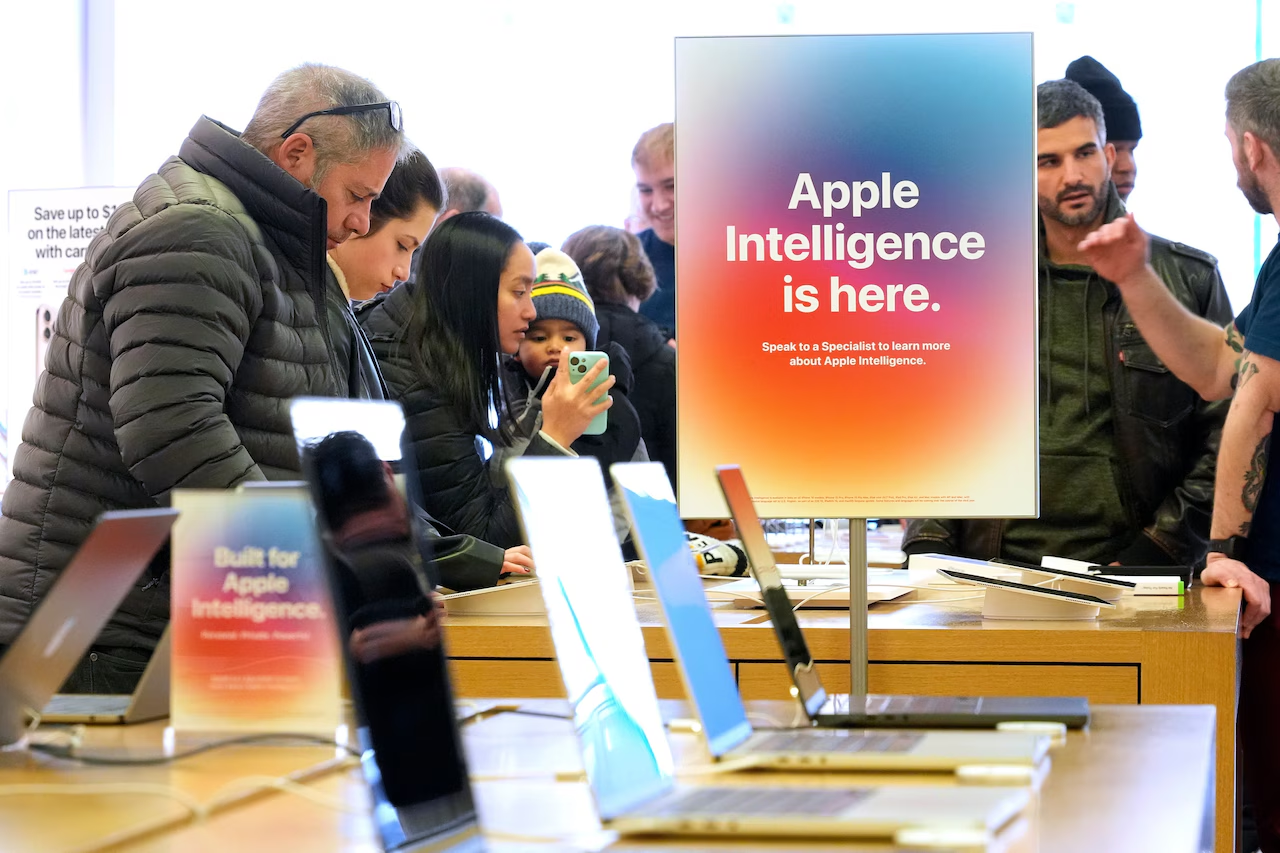
Apple Disables AI Summaries for News Temporarily Amid Growing Criticism
In a move to address rising concerns over misinformation, Apple has temporarily disabled its AI-powered news summary feature. The decision follows widespread criticism of the feature’s accuracy and the unintended consequences it had on trusted news sources.
Mounting Criticism and Pressure
Apple’s AI summarization tool, designed to generate concise news headlines, faced backlash after repeated errors. These inaccuracies prompted numerous complaints from both users and media outlets, who argued that the feature compromised the reliability of news. Notifications generated by the AI appeared to come directly from news organizations, causing confusion and misinformation.
“We are working on improvements and will make them available in a future software update,” an Apple spokesperson stated, emphasizing the company’s commitment to refining the feature before reintroducing it.
Warnings from Journalism Bodies
Reporters Without Borders (RSF), a prominent journalism advocacy group, highlighted the dangers of deploying underdeveloped AI features. “Innovation must never come at the expense of the right of citizens to receive reliable information,” the organization stated. Vincent Berthier from RSF added, “This feature should not be rolled out again until there is zero risk it will publish inaccurate headlines.”
Notable Errors and Consequences
The BBC was among the first to raise concerns after an AI-generated alert falsely reported that Luigi Mangione, accused of killing UnitedHealthcare CEO Brian Thompson, had shot himself. Similar errors affected summaries from other major outlets like Sky News, the New York Times, and the Washington Post.
Jonathan Bright, head of AI for public services at the Alan Turing Institute, expressed concerns about AI “hallucinations” – a phenomenon where AI models fabricate information. He stressed the importance of human oversight to prevent such errors, which could further erode trust in the media.
Media Pushback and Apple’s Response
Media outlets and press groups urged Apple to withdraw the feature, citing its premature rollout and the resulting misinformation. The BBC, after lodging a complaint in December, received a delayed response from Apple, which promised a software update to clarify the AI’s role in news summaries. However, this response was deemed insufficient by critics, leading to further demands for the feature’s suspension.
Apple has now fully disabled the AI summarization feature for news and entertainment apps in the latest beta software releases of iOS 18.3, iPadOS 18.3, and macOS Sequoia 15.3. For other apps, AI-generated summaries will continue to appear but will be formatted with italicized text to differentiate them from standard notifications.
“We’re pleased that Apple has listened to our concerns and is pausing the summarization feature for news,” a BBC spokesperson remarked. “We look forward to working with them constructively on next steps. Our priority is the accuracy of the news we deliver to audiences, which is essential to building and maintaining trust.”
A Rare Reversal from Apple
Zoe Kleinman, technology editor, noted the significance of Apple’s decision. “Apple is generally robust about its products and doesn’t often even respond to criticism. This simple statement from the tech giant speaks volumes about just how damaging the errors made by its much-hyped new AI feature actually are,” she wrote.
Kleinman highlighted the broader implications of AI-generated content, which is increasingly given prominence and perceived as reliable. She pointed out that even with Apple’s resources, ensuring AI reliability remains a challenge.
The incident underscores the need for cautious implementation of AI in sensitive areas like news dissemination, where accuracy is paramount. As Apple works on refining its AI tools, the pause in the feature’s deployment reflects a commitment to safeguarding the integrity of information.






